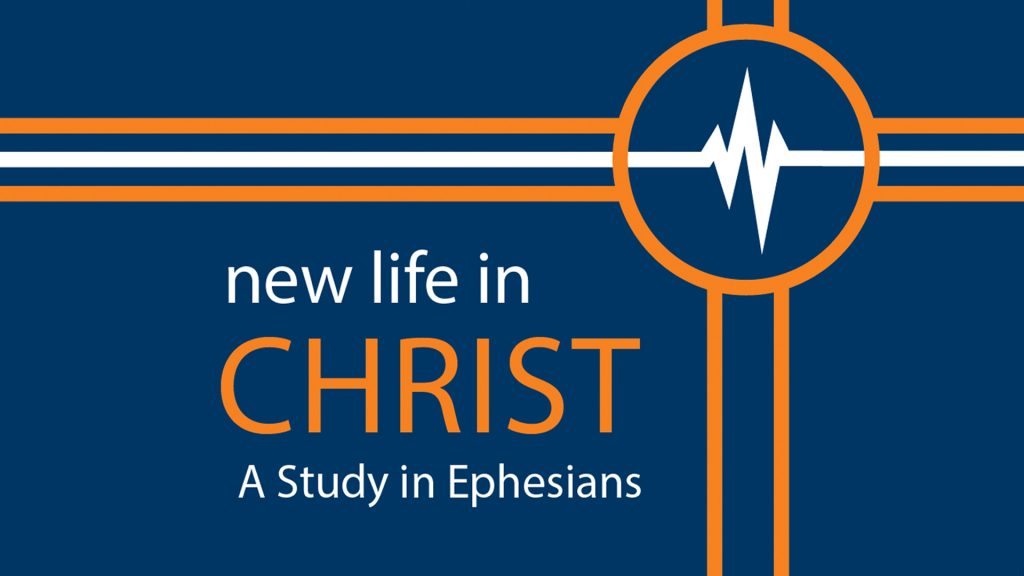Ephesians 4:25 “Wherefore putting away lying, speak every man truth with his neighbour: for we are members one of another.”
“Fellowship is built on trust, and trust is built on truth. So falsehood undermines fellowship, while truth strengthens it.” — John R.W. Stott
Companies typically depend on customer satisfaction. Miscommunication about a purchase or a warranty or a service can easily result in dissatisfaction. But when a prominent company like Toyota is exposed for ignoring and covering up problems, the effects can be disastrous. Mistakes are one thing. Deceit is another.
In Ephesians 4:25–32, Paul exhorts believers to change their behavior in five different areas of conduct, each having a direct effect on our personal relationships with each other. Paul follows a three-fold pattern in each section: a negative prohibition, a positive exhortation and a theological motive behind the command. The first realm of change that distinguishes a believer is that he speaks the truth. Truthful communication is important to a profitable company. But that temporal implication pales in comparison with the significance of truth in the church.
| EPHESIANS 4:25 | PARAPHRASE |
| Wherefore putting away lying, | For this reason, since you have laid aside deceitfulness like dirty clothes, |
| speak every man truth with his neighbour: | every believer must speak truth with fellow members of his Christian community, |
| for we are members one of another. | for we are together parts of Christ’s body. |
When a sinner is converted, his communication is transformed.
Essentially, he stops lying and starts telling the truth. In the beginning, God’s truth was contradicted—“ye shall not surely die”—and misrepresented—“you shall be as gods”—by Satan in the Garden of Eden (Gen. 3:1–5). Christ reveals the deceitful character of the devil: “Ye are of your father the devil, and the lusts of your father ye will do. He was a murderer from the beginning, and abode not in the truth, because there is no truth in him. When he speaketh a lie, he speaketh of his own: for he is a liar, and the father of it” (John 8:44). The root of humanity’s primal sin was Adam’s belief in Satan’s lies. Everyone born since Adam bears the same inherent, fallen, deceitful nature. “The wicked are estranged from the womb: they go astray as soon as they be born, speaking lies” (Ps. 58:3). All falsehood is rooted in the fallen nature of the old man.
During the initial act of conversion, a sinner fully embraces the truth as found in God’s Word. Repentance is confessing the truth that God declares about us—that we are sinners in need of a Savior. Faith involves believing “the truth [that] is in Jesus” (Eph. 4:21), that He is the Revelation of God and the Redeemer of men. We forsake the former life of idolatry (1 Thess. 1:9) and embrace the new life that is created in “righteousness and true holiness” (Eph. 4:24). From the very beginning of the Christian life, believers have put away the old garments of dishonesty and have put on the new wardrobe of truth.
After conversion believers should, as a result of daily renewal, communicate honestly with each other. Paul refers to us as the body of Christ (Eph. 5:30), since we are now members of a new humanity. If we are dishonest with one another, the body will begin to malfunction. The image of the body illustrates how important telling the truth is. Envision what would happen if our eyes did not communicate properly with our brain, which in turn did not communicate honestly with our feet while walking near a dangerous precipice. The body of Christ can function well only when all of the members communicate honestly with one another.
Many offenses between Christian brothers and sisters are rooted in some form of falsehood, such as:
Lying—an intentionally false statement
Contradictions—a combination of statements, ideas or features of a situation that do not match one another
Misrepresentation—a misleading statement
Insinuation—unpleasant hints or suggestions of something in an indirect and unpleasant way
Exaggeration—representing something as being larger/greater/better/worse than it really is
Silence—the avoidance of mentioning or discussing something
Paul stresses the importance of putting away lying because of its damaging effects on the body of believers. God does not look kindly on believers who lie to one another. Just ask Ananias and Sapphira! (Acts 5:1–11)
Honesty is also crucial as a testimony to unbelievers.
A quick way to lose effectiveness as a witness is to be found dishonest. Since the world waits for any excuse to reject Christ, Christians must not be a stumbling block to unbelievers through their dishonesty.
Because honesty is central to who and what we are as believers, we must ask ourselves some questions.
- Are we candid with each other, or do we hide the truth because of fear?
- Do we become defensive when things about our life are truthfully pointed out or exposed?
- Do we mask our insecurity and pride by blaming others?
- Do we create bigger problems because of exaggeration?
- Do we make slanderous insinuations, discrediting the reputations of others?
How refreshing to walk with people who are totally honest with one another and are not afraid to be transparent concerning their own humanity. As we put on truth, let us put it on as a part of our new life in Christ.
Listen to Dr. Pettit’s chapel message on Ephesians 4:25:
Join us for chapel every Monday through Thursday at 11 a.m. EST.








